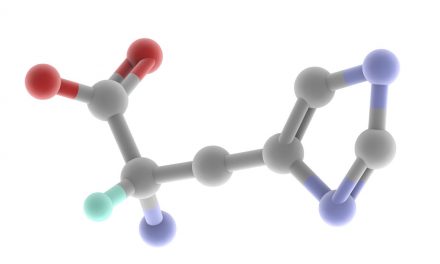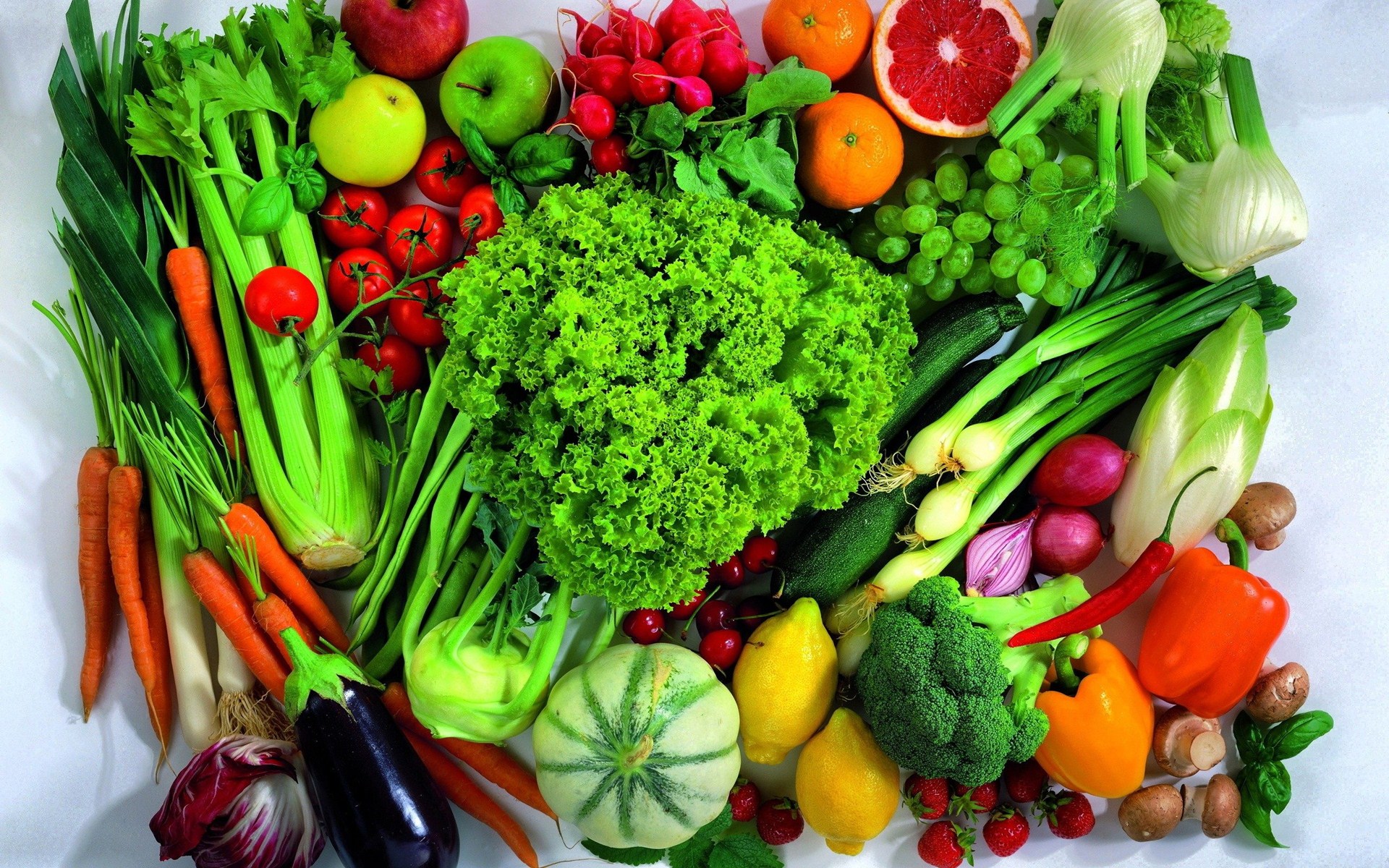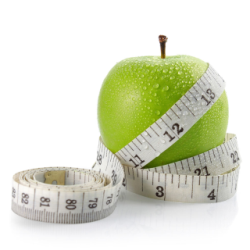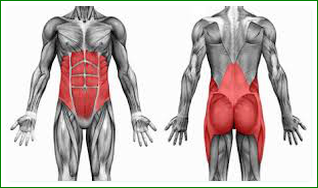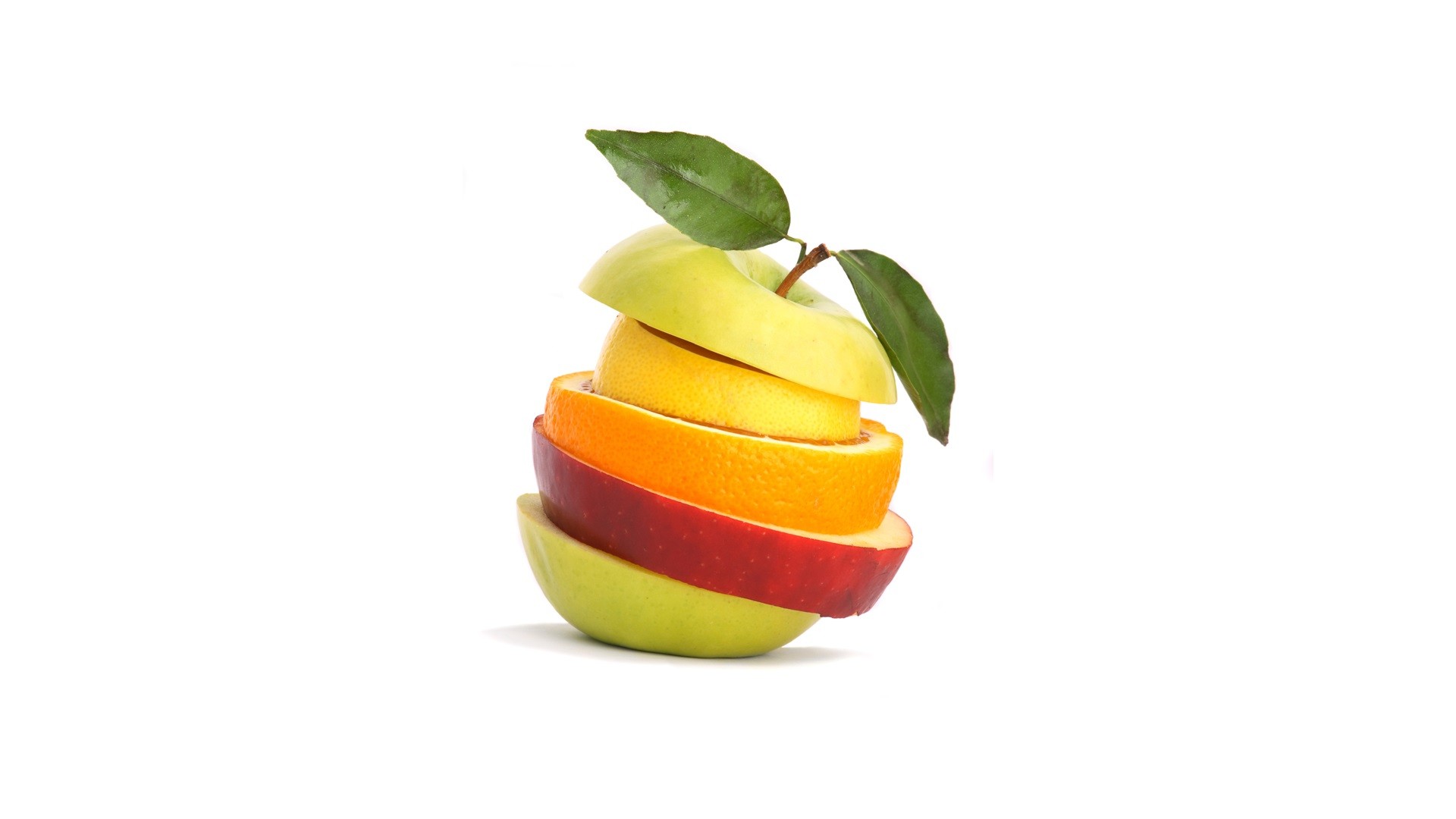Good eating habits are the basis of good health. In this article we focus on the most important meal of the day: breakfast.
Breakfast, the most important meal
Having a good supply of energy in the morning allows us to deal more calmly with commitments that the day reserves for us. Physiologically, the body is able to sustain an overnight fast thanks to glucogenic reserves stored in the liver and (to a lesser extent) in the muscles. This energy asset may, however, last for about 8 hours in children, up to 12 adults. After this period of fasting our body must draw on other energy reserves (fat and protein) to meet the metabolic needs. It is therefore extremely important to eat the right amount of carbohydrates that allows us to dispose of glucose, the most important source of energy for the normal functioning of cells. Glucose is present in foods in the form of simple carbohydrates (sugar, fructose, lactose) and complex (starches). If you do not consume a balanced meal in the morning, you will probably have difficulty performing daily activities (reduction of the level of attention, uncontrollable hunger). Eating breakfast helps to balance blood sugar levels, people who have this habit are less likely to get Type 2 diabetes. In addition, poor eating habits, along with the lack of physical activity can lead to an uncontrollable weight gain.
Proper nutrition
The objective of proper nutrition is to meet the energetic-nutritional needs (which differ for sex, age, weight and activities), with a caloric distribution which should provide an  amount of 55-60% of carbohydrates (of which only 10% simple), 10 to 15% of proteins, 25-30% of fats (mainly polyunsaturated), as well as an adequate intake of vitamins, minerals and fibre. Equally important is the distribution of the three main meals (breakfast, lunch and dinner) and two snacks. The distribution of individual caloric meals should include a contribution of about 20% with the breakfast, 40% at lunch and 30% dinner, and snacks should be frugal (about 5% of the recommended caloric intake).
amount of 55-60% of carbohydrates (of which only 10% simple), 10 to 15% of proteins, 25-30% of fats (mainly polyunsaturated), as well as an adequate intake of vitamins, minerals and fibre. Equally important is the distribution of the three main meals (breakfast, lunch and dinner) and two snacks. The distribution of individual caloric meals should include a contribution of about 20% with the breakfast, 40% at lunch and 30% dinner, and snacks should be frugal (about 5% of the recommended caloric intake).
Breakfast is an essential meal, but often this is skipped or simply reduced to a cup of coffee. This usually brings to a binge at lunch or dinner, with negative effects for our body due to the excessive overhang of insulin and the big commitment to digest.
The perfect breakfast
- Wholemeal bread (high in fibre) with jam, associates starches with jam’s simple sugars. A winning combination that will provide a steady release of energy in the morning.
- Cereals (free of “hydrogenated fat” and/or “tropical oils”) are rich in fibre and have the advantage of filling the stomach for a long time, helping us to arrive at lunchtime without excessive hunger.
- Fruit provides vitamins, antioxidants, fibre and helps the restoration of carbohydrate reserves.
- Milk and/or yoghurt provide calcium, protein, lactic acid bacteria and the right amount of fat.
- Dried fruit, with protein and essential fatty acids, is very useful for balancing breakfast and to control cholesterol.
- A hot or cold beverage like coffee, tea, orange, pineapple or grapefruit juice to ensure hydration to the body.
__________________

